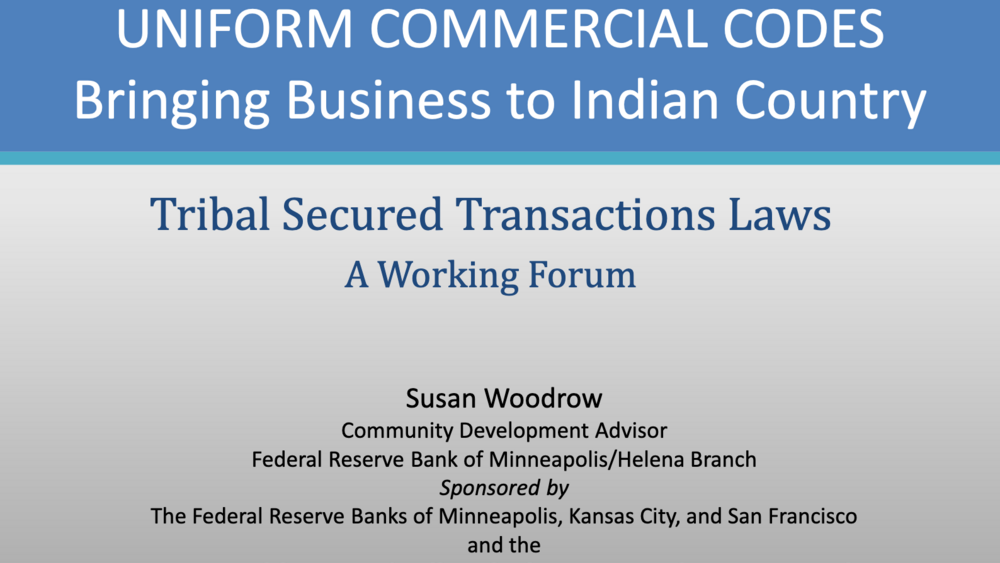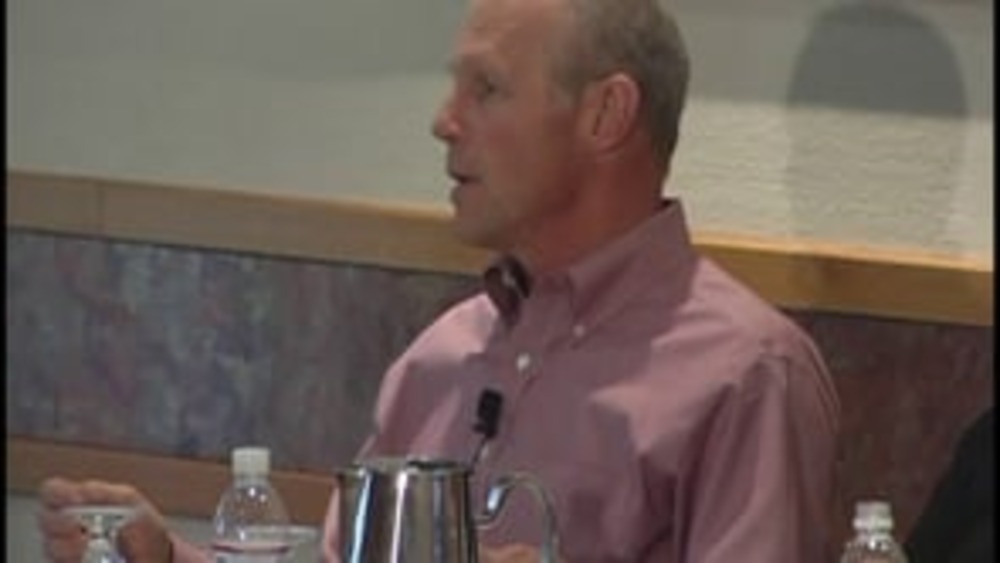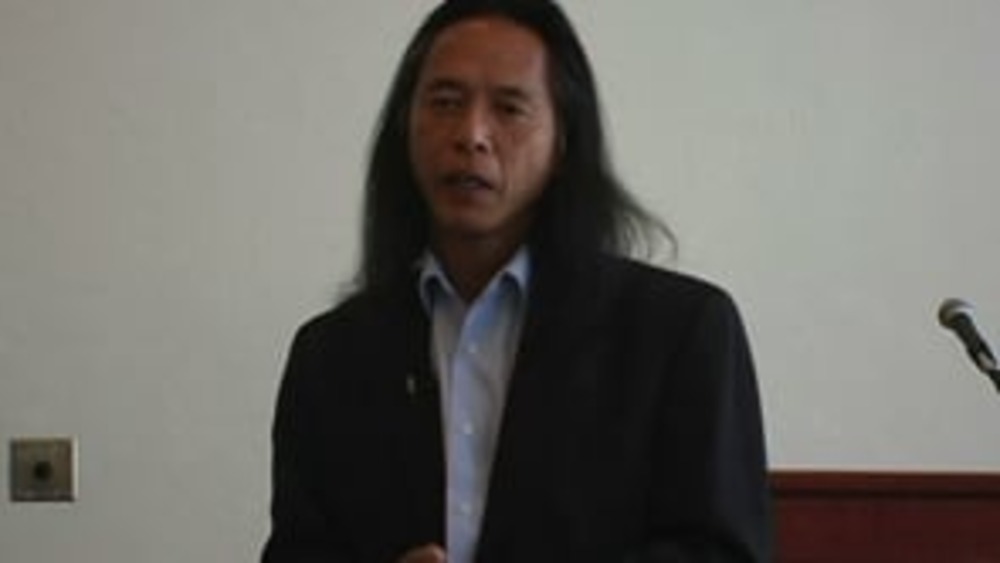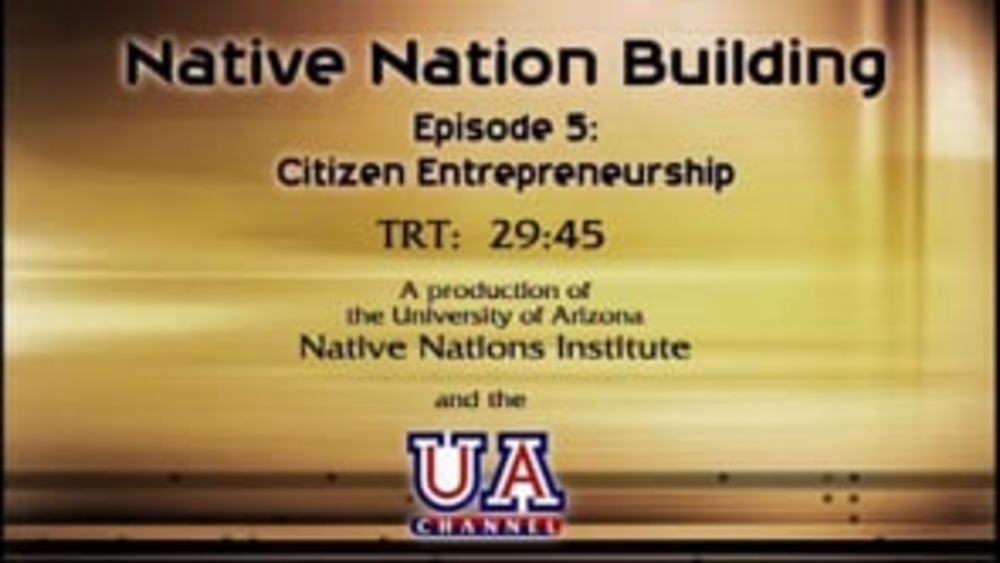Indigenous Governance Database
uniform commercial code (UCC)

Uniform Commercial Codes: Bringing Business to Indian Country. Tribal Secured Transactions Laws: A Working Forum
During "Uniform Commercial Codes: Bringing Business to Indian Country", a conference on January 15, 2013, sponsored by The Federal Reserve Banks of Minneapolis, Kansas City, and San Francisco and the U.S. Department of the Interior’s Office of Indian Energy and Economic Development, Susan Woodrow…

Joseph P. Kalt: The Practical Issues of Business Development - Some Things to Consider: Legal Structure
Harvard Project on American Indian Economic Development Co-Director Joseph P. Kalt discusses the types of corporations that Native nations can charter and what they should consider when deciding which type to choose.

Ron His Horse Is Thunder: The Keys to Effective Governance and Economic Development: Predictability and Sustainability
Former Chairman of the Standing Rock Sioux Tribe Ron His Horse Is Thunder discusses why predictability and sustainability are so critical to effective Native nation governance and economic development.

Native Nation Building TV: "Promoting Tribal Citizen Entrepreneurs"
Guests Joan Timeche and Elsie Meeks examine the pivotal role that citizen entrepreneurs can play in a Native nation's overarching effort to achieve sustainable community and economic development. It looks at the many different ways that Native nation governments actively and passively hinder…
